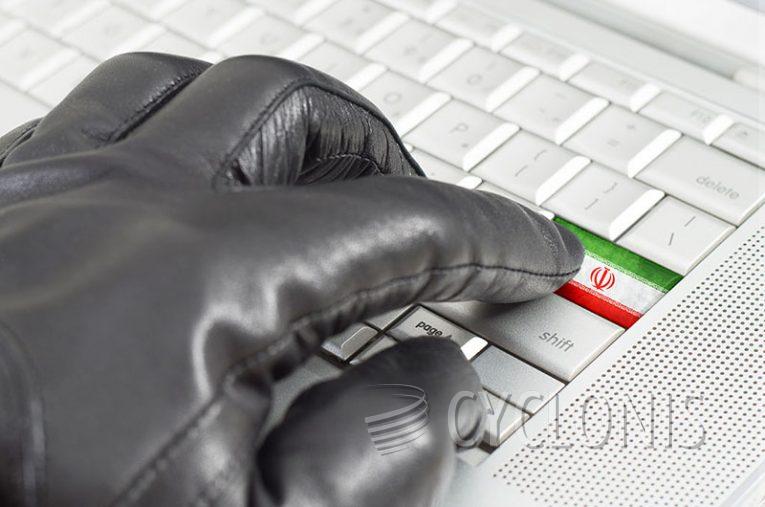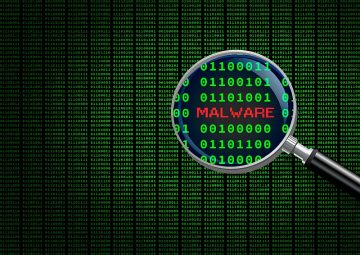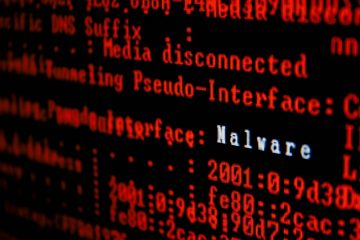Iranian Hackers Present a Deepening Cybersecurity Threat to the 2024 U.S. Presidential Election

In a dramatic twist that underscores the growing influence of foreign interference in U.S. elections, Iranian hackers allegedly sent stolen information from Donald Trump's campaign to individuals linked with Joe Biden's 2024 campaign. This revelation highlights the increasing sophistication of cyberattacks aimed at undermining U.S. electoral integrity.
Table of Contents
What Happened?
Federal authorities from the Office of the Director of National Intelligence, the FBI, and the Cybersecurity and Infrastructure Security Agency confirmed that Iranian cyber actors took advantage of vulnerabilities within the Trump campaign’s systems. In late June and early July 2024, these hackers sent unsolicited emails containing an excerpt of non-public material taken from Trump's campaign. These emails were reportedly sent to people affiliated with Biden’s campaign at the time. However, there is no evidence that Biden’s team ever responded to these emails, nor that the material was used in any way.
The Targeted Individuals
According to the statement, the hacked material was sent to personal emails of certain individuals connected to Biden’s campaign, not official campaign channels. Morgan Finkelstein, a spokesperson for Kamala Harris’ campaign, confirmed that they cooperated fully with law enforcement once they became aware of the phishing attempt. The incident seemed to be more of a spam attempt rather than a sophisticated operation directly targeting the campaign.
While no direct breach of Biden’s campaign systems occurred, the hackers’ efforts show how foreign actors are increasingly using cyberattacks to create confusion and cast doubt on U.S. electoral systems.
Accusations and Campaign Responses
In response, the Trump campaign claimed the attack was further proof of Iranian efforts to interfere in the election. They also urged the Biden-Harris campaign to disclose whether they had any knowledge of or involvement in the stolen material. Biden’s team vehemently denied any involvement, pointing to their cooperation with authorities and clarifying that the material had not been utilized in any form.
President Trump, in characteristic fashion, made public remarks during a rally, suggesting that the Biden campaign was somehow involved, despite no evidence supporting this claim. These statements reflect the ongoing tensions between political parties when it comes to cybersecurity and foreign interference in U.S. elections.
Iranian Cyberattacks Remain A Growing Threat
Iran has been increasingly aggressive in its cyber efforts to influence the outcome of the 2024 U.S. presidential election, using methods that mirror the tactics employed by Russian hackers during the 2016 election. Much like Russia’s infamous hack-and-leak operation targeting Hillary Clinton, Iranian hackers seem intent on manipulating U.S. elections by creating discord and casting doubt on electoral processes.
U.S. officials believe the hackers responsible for this latest breach are affiliated with Iran’s Islamic Revolutionary Guard Corps (IRGC), a notorious force in Iran's cyber warfare operations. The incident raises concerns that cyberattacks of this nature could escalate as the 2024 election approaches.
The Role of Social Media and Tech Companies
The Senate Intelligence Committee recently held a hearing on foreign meddling in U.S. elections. Representatives from Microsoft, Meta, and Google outlined their efforts to combat disinformation and prevent foreign influence on their platforms. Yet, concerns remain. The uneven progress made by tech giants since the 2016 election leaves gaps for foreign actors like Iran, Russia, and China to exploit.
For example, platforms like X (formerly Twitter) have been scrutinized for not doing enough to shut down fake accounts run by foreign operatives. Despite efforts to curb disinformation, the rapid evolution of cyber threats remains a persistent challenge for tech companies and election security officials alike.
What’s Next?
The disclosure of these hacking attempts further underscores the importance of strong cybersecurity measures in defending democratic processes. The Biden-Harris campaign’s response, in cooperation with law enforcement, suggests that lessons were learned from past elections where foreign actors sought to influence the outcome.
As the U.S. enters the final stretch of the 2024 campaign season, cyberattacks from foreign powers will likely continue to be a focal point. The efforts by countries like Iran to sow discord and exploit vulnerabilities within political campaigns signal a broader trend of global powers attempting to influence elections in democratic nations.
While no serious damage was inflicted this time, the threat remains real. Both campaigns and voters must remain vigilant to ensure the integrity of the election process.
The cybersecurity landscape is becoming a critical battleground for elections, and this latest incident involving Iranian hackers is a stark reminder of how foreign actors are working to disrupt U.S. democracy. With the 2024 election fast approaching, ensuring the protection of campaign data and maintaining public trust in the electoral process is more important than ever. It’s a race not just for votes but for the security and resilience of democratic institutions in the digital age.








